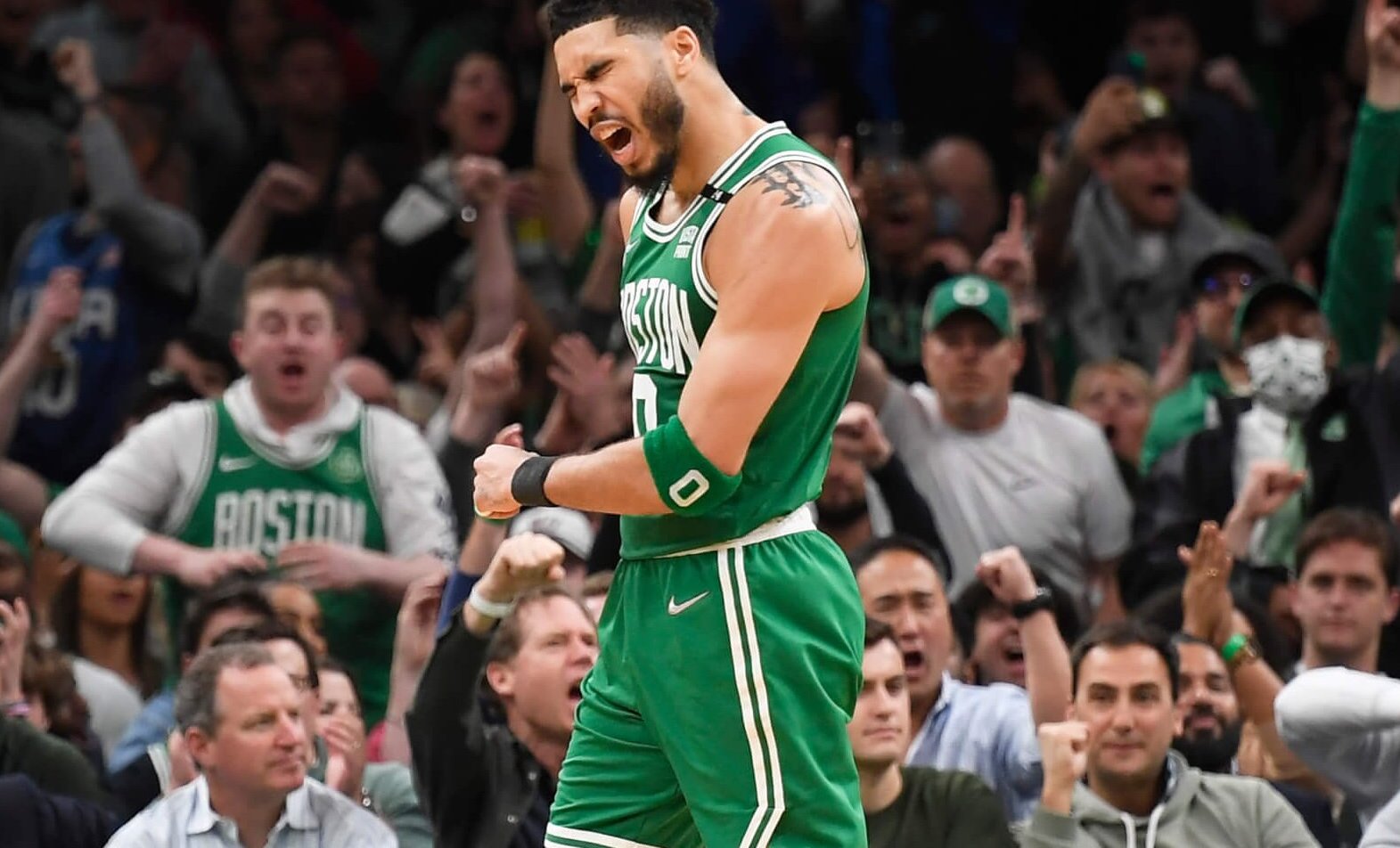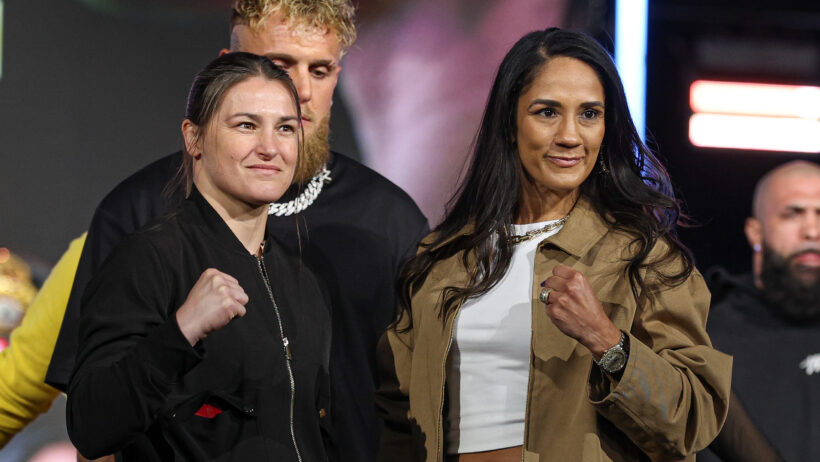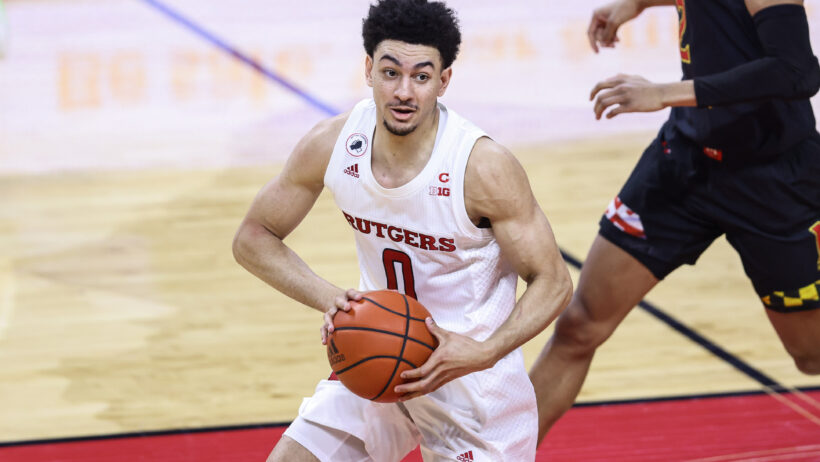Fight for Massachusetts Sports Betting Is Just Beginning
By Robert Linnehan in Sports Betting News
Published:

- As expected, the Massachusetts House rejected changes to its sports betting bill set forth by the Senate
- Sports betting negotiations will now head to a conference committee
- There are several stark differences between the House and Senate approved sports betting bills
The Massachusetts House of Representatives rejected proposed changes to its sports betting bill from the Senate, which now sends Massachusetts sports betting negotiations to a conference committee.
It was not an unexpected turn of events.
The House and Senate have both passed their own Massachusetts sports betting bills and both pieces of legislation have stark differences in how the legislative bodies envision sports betting in the commonwealth. Differences in tax rates, number of sports betting licenses, and what events can be bet on need to be agreed on before a bill can be passed.
Hashing Out Massachusetts Sports Betting Differences
The House of Representatives appointed Rep. Aaron Michlewitz (D-3rd Suffolk), Rep. David Muradian (R-9th Worcester), and Rep. Jerald Parisella (D-6th Essex) to represent their interests in the conference committee.
The Senate has not publicly announced who it will be appointing to the conference committee.
The House and Senate representatives will try to work towards a compromise of both of their bills. Each legislative body will have to pass an identical sports betting bill before the law can be sent to Gov. Charlie Baker (R) for his signature.
So what differences will have to be worked out in the conference committee?
Potential Sports Betting Bill Compromises?
The House and Senate approved sports betting bills both have key differences that may make a compromise difficult.
The Senate approved bill sets its retail sports betting tax rate at 20% and the online sports betting tax rate at 35%, the bill allows for sports bets to be funded by debit cards or digital payment, but does not allow for credit cards to fund bets. The bill also does not allow college sports betting and also imposes some of the strictest restrictions marketing and advertising in the country. The law would not allow televised sports events in Massachusetts to air sports betting advertisements or broadcasts to mention sports betting sponsorships on air.
The House approved bill calls for much lower rates, with online sports betting at 15% and retail sports betting at 12.5%, and also allows collegiate sports betting. It features much less restrictive advertising and marketing rules and allows sports bettors to fund bets with a credit card.
The Senate bill allows for nine sports betting licenses, one for each brick-and-mortar casino in the state, and six untethered online sports betting licenses. The House bill allows each of the state casinos a sports betting license and up to three online sports betting skins. It also allows one license per state racetracks (the Senate bill does not) and one online sports betting skin. Finally, it allows for unlimited untethered online sports betting licenses, as long as they are approved by the Massachusetts Gaming Commission.
Future of Massachusetts Sports Betting
The conference committee will be the best opportunity for sports betting legalization Massachusetts has ever had. This is the first time both legislative bodies have approved their own sports betting bills, and despite their differences, it does set groundwork for a potential compromise. This is the most progress the state has ever made to legalize sports betting, and for once their seems to be a sense of urgency to get something done.
If the House and Senate representatives can come to an agreement before the Massachusetts legislative ends on July 31, the bill will be sent to Gov. Baker to be signed into law. Baker is a staunch advocate of sports betting and is expected to sign a sports betting bill into law if it comes across his desk.
But again, the bills are both quite different. Sacrifices will have to be made by both the Senate and House representatives in the conference committee. Is there enough similarity between the two laws to actually launch sports betting in the commonwealth?
These next few weeks should be interesting.

Regulatory Writer and Editor
Rob covers all regulatory developments in online gambling. He specializes in US sports betting news along with casino regulation news as one of the most trusted sources in the country.



